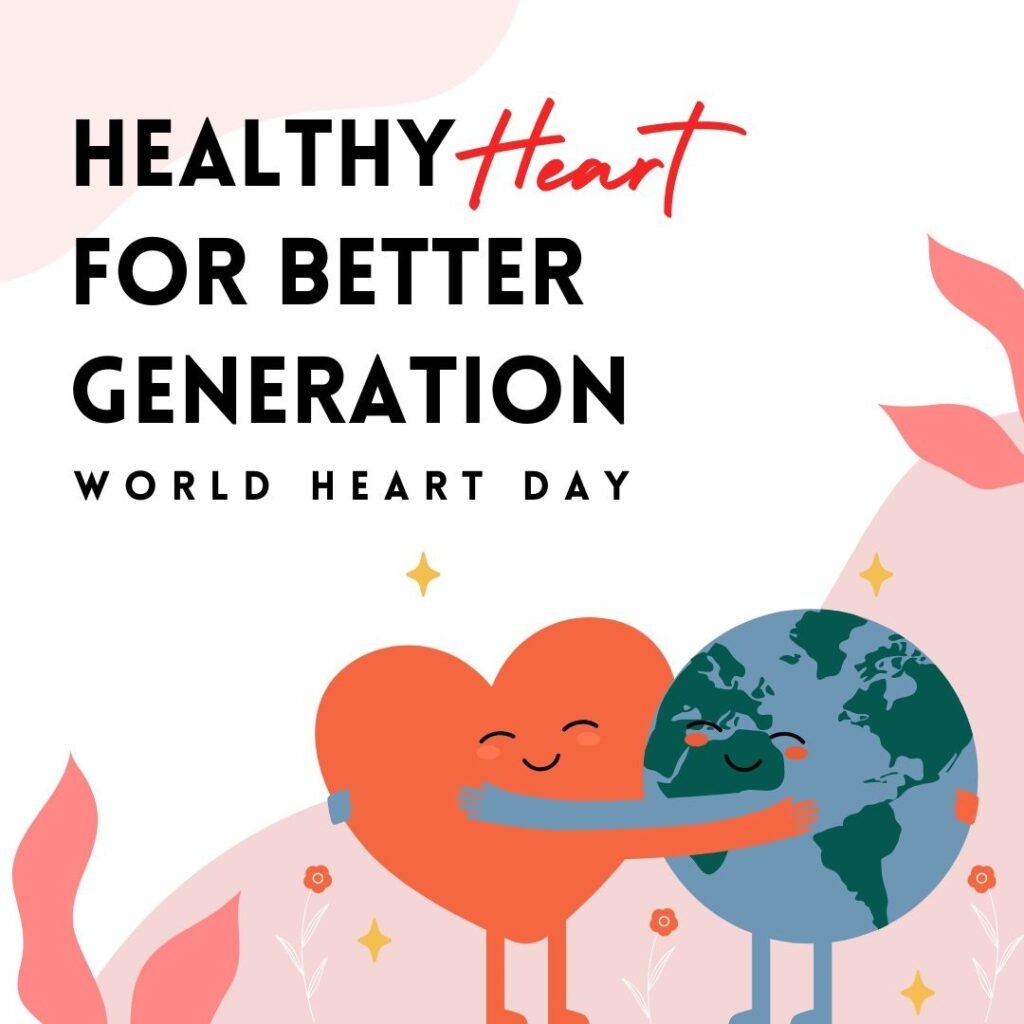Heart disease remains the leading cause of death worldwide, but most heart attacks do not strike without warning. They are usually the result of years of small, cumulative damage caused by daily habits, health conditions, or even genetics. A recent large-scale study by Korean and US researchers also revealed that almost every major cardiovascular event is preceded by one or more risk factors, even if people never received a formal diagnosis. Dr Amit Bhushan Sharma, Director and Unit Head, Cardiologist, Paras Health, explains that while we cannot change certain factors like age or family history, many others are within our control. By spotting these risks early and taking preventive steps, we can significantly lower the risk of a heart attack.

15 things that may ruin your heart health
Here are 15 worst things for your heart that may put you at higher risk of a heart attack and stroke:
1. Smoking and secondhand smoke
As per the British Heart Foundation, smokers are almost twice as likely to suffer a heart attack compared to non-smokers. Tobacco damages the lining of arteries, encourages plaque buildup, and reduces oxygen in the blood. Even secondhand smoke poses serious cardiovascular risks, making quitting and avoiding exposure one of the most powerful steps to protect your heart.
2. Poor diet and too much salt
A diet overloaded with saturated fats, trans fats, and cholesterol fuels atherosclerosis, the narrowing of arteries. Too much salt raises blood pressure, straining the heart and vessels. The Centers for Disease Control and Prevention (CDC) stresses that lowering sodium and prioritizing whole foods like fruits, vegetables, and whole grains can significantly cut heart disease risk.
3. Chronic stress or emotional strain
Unmanaged stress floods the body with hormones like cortisol, which can raise blood pressure and promote inflammation. Over time, this constant strain may trigger unhealthy coping mechanisms, such as overeating or smoking, further increasing heart attack risk. Dr Bhushan tells Health Shots that stress management techniques like yoga, mindfulness, or even regular walks can make a measurable difference.
4. Uncontrolled diabetes
Diabetes accelerates vascular damage by raising blood sugar, which injures blood vessels and encourages plaque buildup. According to the National Health Service (NHS), people with type 2 diabetes are often overweight, which can increase the risk of cardiovascular disease. Effective blood sugar control through medication, diet, and activity is essential to protect the heart.

5. Excess body weight or obesity
Excess fat, particularly around the abdomen, contributes to higher bad cholesterol and triglycerides, while lowering good cholesterol. The CDC highlights that obesity is directly linked with high blood pressure, type 2 diabetes, and ultimately heart disease. Even modest weight loss can deliver major benefits.
6. Sedentary lifestyle with little exercise
Physical inactivity weakens the heart muscle and worsens cholesterol, blood sugar, and blood pressure levels. The CDC recommends at least 150 minutes of moderate-intensity exercise weekly, but Dr Bhushan emphasizes that even small steps like climbing stairs or brisk walking count toward better heart health.
7. Excessive alcohol consumption
Heavy drinking raises blood pressure, weakens the heart muscle, and contributes to arrhythmias. Long-term, it can lead to cardiomyopathy and increase stroke risk. Moderation is key, experts advise no more than one drink daily for women and two for men.
8. Avoiding oral health
Poor dental hygiene allows bacteria to enter the bloodstream, triggering inflammation and potentially damaging blood vessels. Research links gum disease with higher risks of clogged arteries and heart disease. Regular brushing, flossing, and dental checkups can indirectly protect the heart.
9. Persistently high blood pressure
Hypertension forces the heart to pump harder, thickening the muscle and narrowing the arteries. Often called the silent killer, it rarely shows symptoms until damage is advanced. Regular monitoring and treatment are vital to reduce stroke and heart attack risk.
10. Sleep apnea
Obstructive sleep apnea causes repeated pauses in breathing during sleep, lowering oxygen and straining the cardiovascular system. A study in Cureus linked it to a higher risk of hypertensive heart disease. Proper diagnosis and treatment, such as CPAP therapy, can reduce the burden on the heart.
11. Taking too many painkillers
Frequent or long-term use of NSAIDs like ibuprofen can raise blood pressure and increase heart attack risk. Dr Bhushan advises that such medicines should only be taken under medical guidance, especially for those with existing heart concerns.
12. A family history of heart disease
Genetics plays a significant role in heart health. If parents or siblings had early heart disease, your own risk rises sharply. While family history cannot be changed, being extra vigilant with lifestyle choices and screenings becomes even more important.

13. Ageing and sex
Men face higher heart attack risks at younger ages, while women’s risk climbs significantly after menopause. Age naturally stiffens arteries and weakens the heart muscle, making preventive care increasingly critical as we grow older.
14. Ignoring regular checkups
Skipping doctor visits means silent problems like hypertension or high cholesterol go unnoticed. Routine checkups help detect these risks early. Cardiologists stress that prevention and timely intervention can be far more effective than treatment after damage occurs.
15. Skipping medicines
Discontinuing prescribed drugs for blood pressure, cholesterol, or diabetes can put you at risk of serious outcomes like a heart attack. If you already have a problem like high blood pressure, you cannot skip your medicine. Dr Bhushan emphasises that sticking to your medication schedule is as important as it keeps your heart safe.






